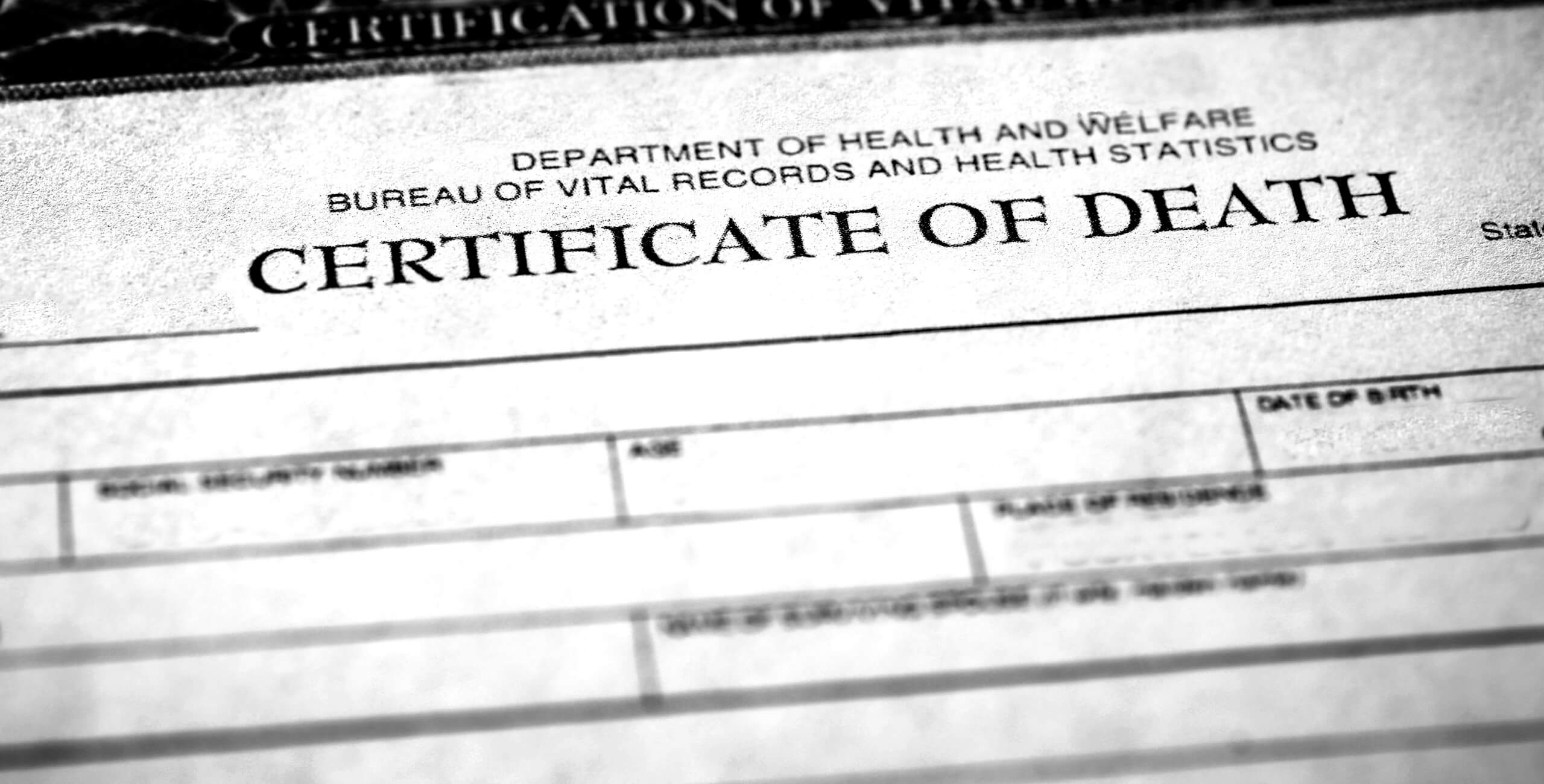For those who have recently lost a loved one due to a work accident, figuring out what to do with medical bills and other financial issues can add a lot of stress during an already difficult time. A Georgia workers’ compensation attorney with experience handling work injury claims involving the death of the injured worker can be a helpful resource for loved one.
Georgia Attorneys for Work Comp Death Claims
Attorney Beth Gearhart has successfully handled many workers’ compensation death claims, allowing loved ones to get some financial support during a difficult time. At The Gearhart Law Group, we understand how challenging the aftermath of a work accident is for injured workers and their loved ones, particularly when the accident results in permanent disability or death.

Our team is here to help you navigate the legal aspects of a claim for workers’ compensation death benefits. Contact our office today to schedule a free consultation and learn more about how we can assist you throughout this challenging time.
Who Is Eligible for Workers’ Compensation Death Benefits?
Since the deceased worker cannot bring their own claim for death benefits, the claim must be filed by a dependent eligible to receive these benefits on their behalf. There are three different categories of individuals who may be eligible for these benefits. These categories include a surviving spouse, unmarried children, and partial dependents.
- The Surviving Spouse
If someone who is currently married dies as a result of a work accident, their spouse is eligible for workers’ compensation death benefits. However, in order to be eligible for benefits, they cannot have voluntarily abandoned their spouse before the accident occurred. Benefits for surviving spouses will also end if they get remarried or cohabitate with someone they are in a romantic relationship with. If the surviving spouse is the only dependent, the maximum benefits are $320,000. - Unmarried Children
Unmarried children of the deceased worker under the age of 18 or under 22 and currently enrolled full-time in college or post-secondary institutions of higher learning are eligible dependents to receive death benefits. Additionally, unmarried children who are incapable of supporting themselves on their own are also eligible for these benefits as a dependent, regardless of their age. When it comes to workers’ compensation death benefits, the term children includes biological children, adopted children, stepchildren, and also posthumous children. - Partial Dependents
Partial dependents are only eligible for workers’ compensation death benefits if there are no eligible dependents in the two categories above. Further, partial dependents are only paid benefits to the extent that they were dependent on the deceased worker. This is usually determined by a percentage.
What Benefits Are Available for a Georgia Workers’ Compensation Death Claim?
Under Georgia law, eligible dependents receive the following death benefits for a workers’ compensation death claim:
- Up to $7,500 for burial expenses
- Payment of medical bills incurred by the worker for any treatment of their injuries from the work accident prior to their death
- Weekly checks in the amount of two-thirds of the deceased worker’s average weekly wage.
The weekly benefit checks for two-thirds of the average weekly wage of the worker are also subject to minimums and maximums set by the state. The current maximum rate for this payment is $800 per week for any work-related death. Since these rates change from year to year, it is always a good idea to consult a workers’ compensation attorney for the most up-to-date information regarding maximum and minimum rates.
Do I Need a Lawyer to File for Workers’ Compensation Death Benefits?
Since death benefit claims under Georgia’s Workers’ Compensation Act can be complex, it is always a good idea to talk to an experienced attorney before attempting to file for these benefits as a dependent. However, it is not a requirement to hire an attorney to file for workers’ compensation benefits.
If you plan to file for workers’ compensation death benefits, you should first make sure that you are an eligible dependent under Georgia law to receive these benefits. Next, you should also be sure that your deceased loved one did pass away as a result of a work-related accident or illness.
You should also keep in mind that since the death must be caused by or resulting from a work injury or illness, you cannot file for workers’ compensation death benefits as a dependent if that individual died for any reason other than one caused by a work accident or illness. In other words, if someone receiving workers’ compensation benefits passes away for an unrelated reason, their workers’ compensation claim does not continue on with benefit payments to their dependents.
What Else Should I Know About Workers’ Compensation Death Claims in Georgia?
The payments issued in a workers’ compensation death benefit claim are payable only to eligible dependents. Additionally, the eligible dependents can only be paid during the time that they are dependents. Their benefits will be discontinued once they are no longer considered dependents.
For a deceased worker’s surviving spouse, they will no longer be a dependent if they get remarried or cohabitate with a romantic partner. When it comes to dependent children, they are no longer considered dependents for this purpose when they get married or turn 18 years of age (or 22 if they are full-time students in post-secondary education facilities). Any unmarried children of the deceased worker who are not capable of supporting themselves on their own will not lose benefits due to their age.
If the deceased worker leaves behind more than one dependent, the weekly benefits will be divided among all eligible dependents. In the event that there are no dependents, and also no eligible partial dependents the workers’ compensation insurer or self-insurer must pay benefits to the State Board of Workers’ Compensation.
The payment of benefits will last as long as the recipient (or recipients) continue to be dependents. However, the current maximum amount of benefits that a surviving spouse can receive is capped at $320,000.
For more information regarding workers’ compensation death benefit claims, contact Gearhart Law Group today.





